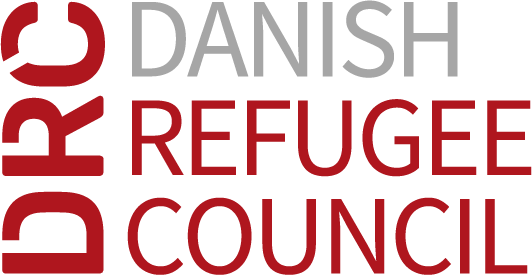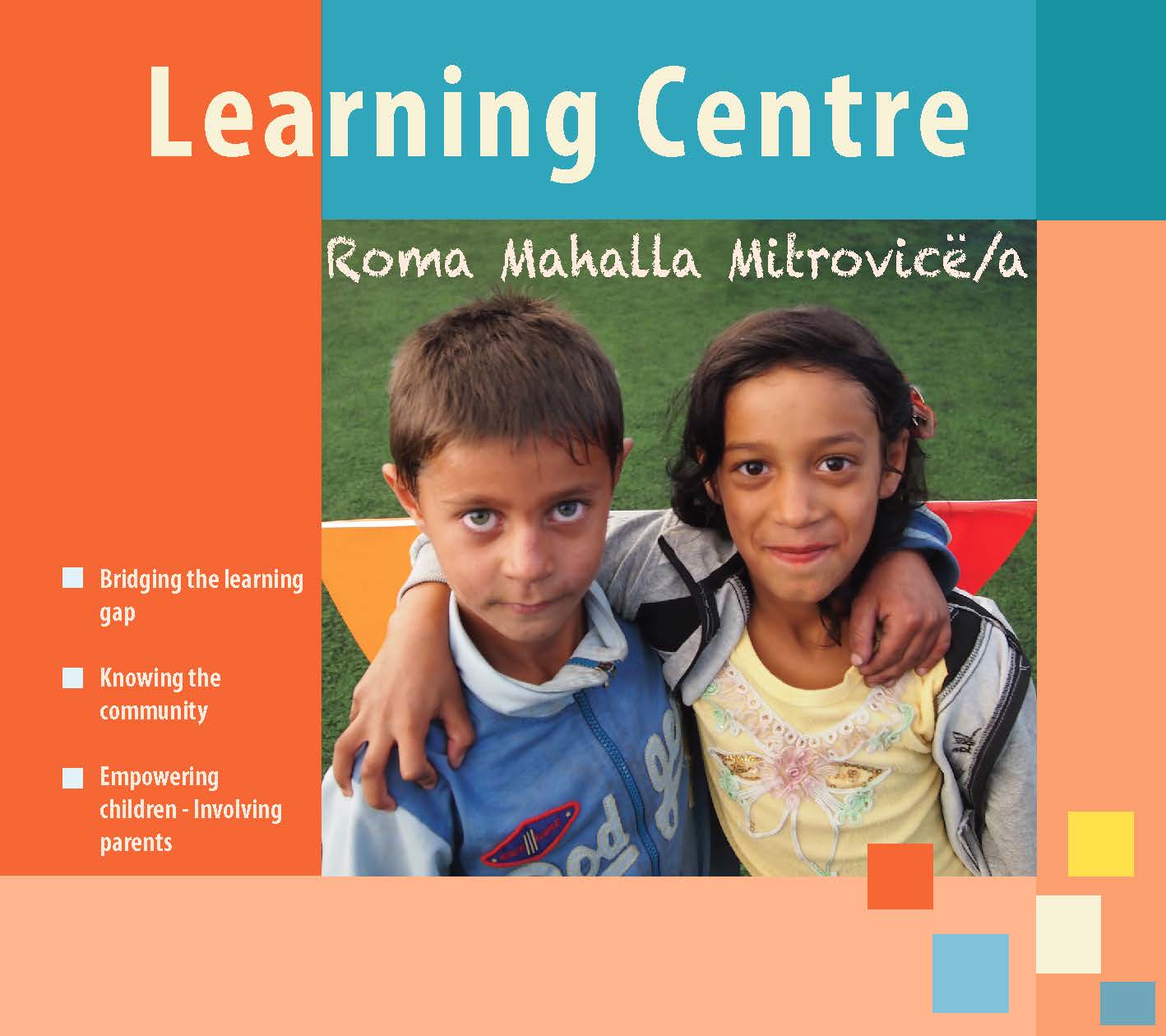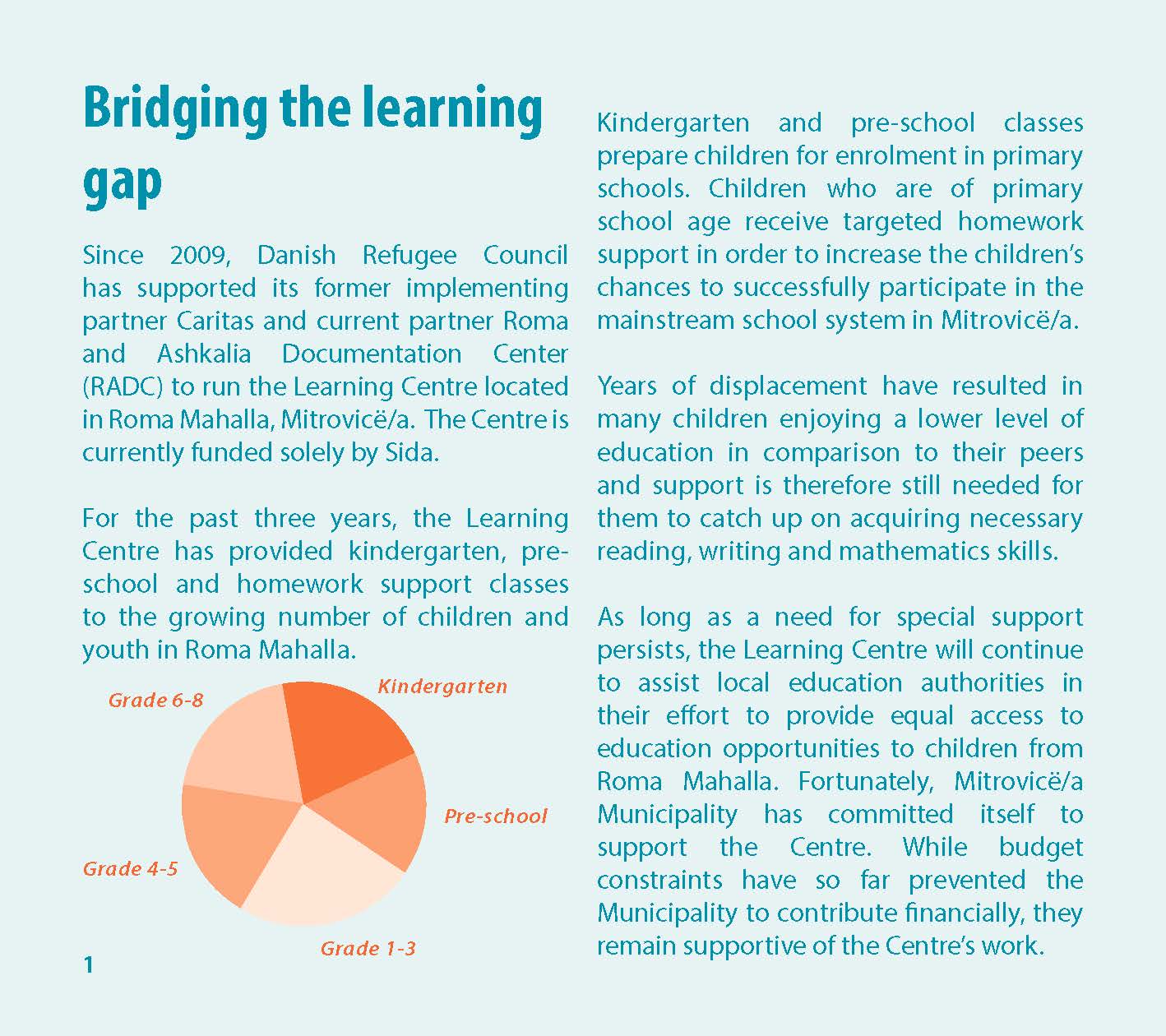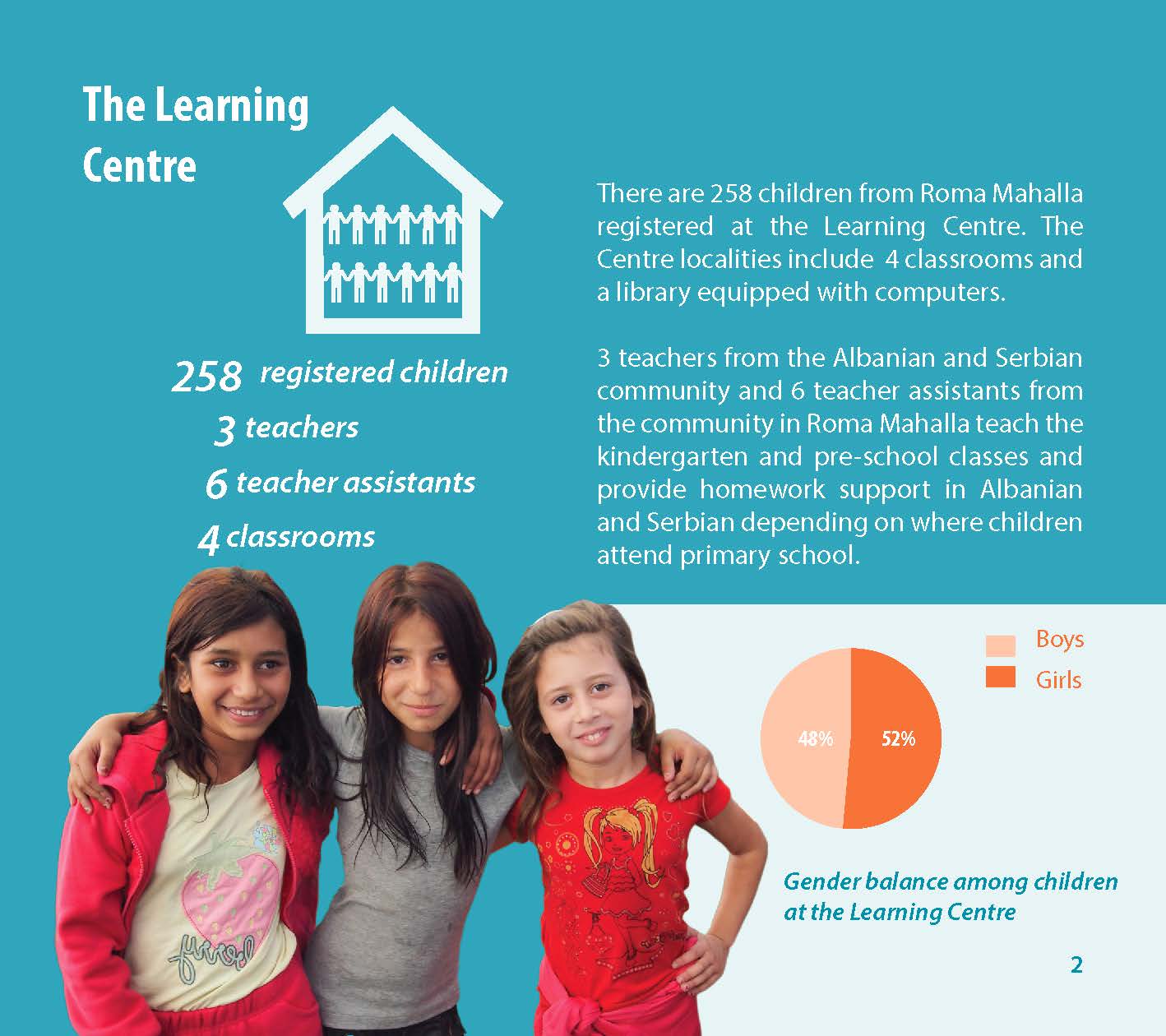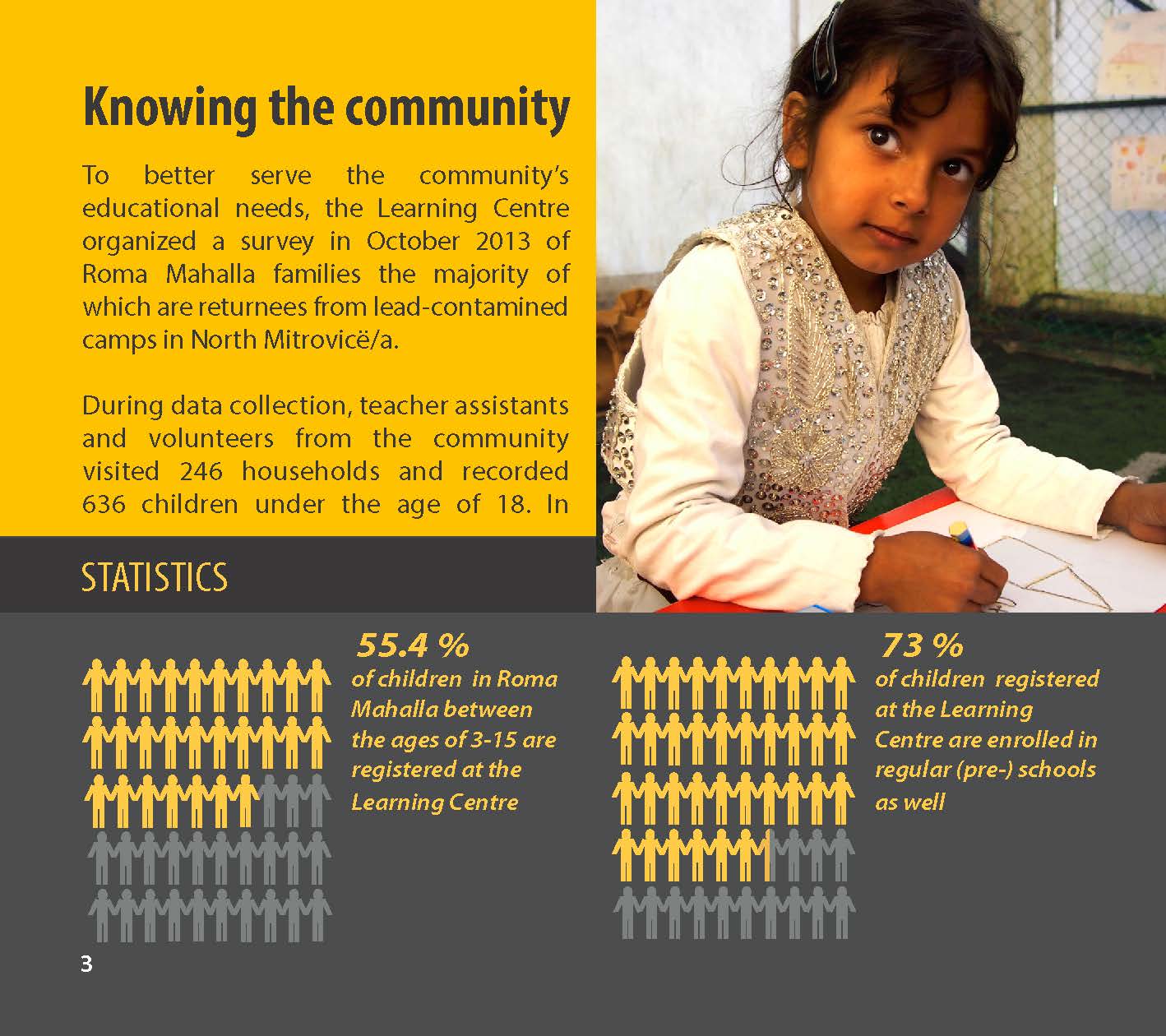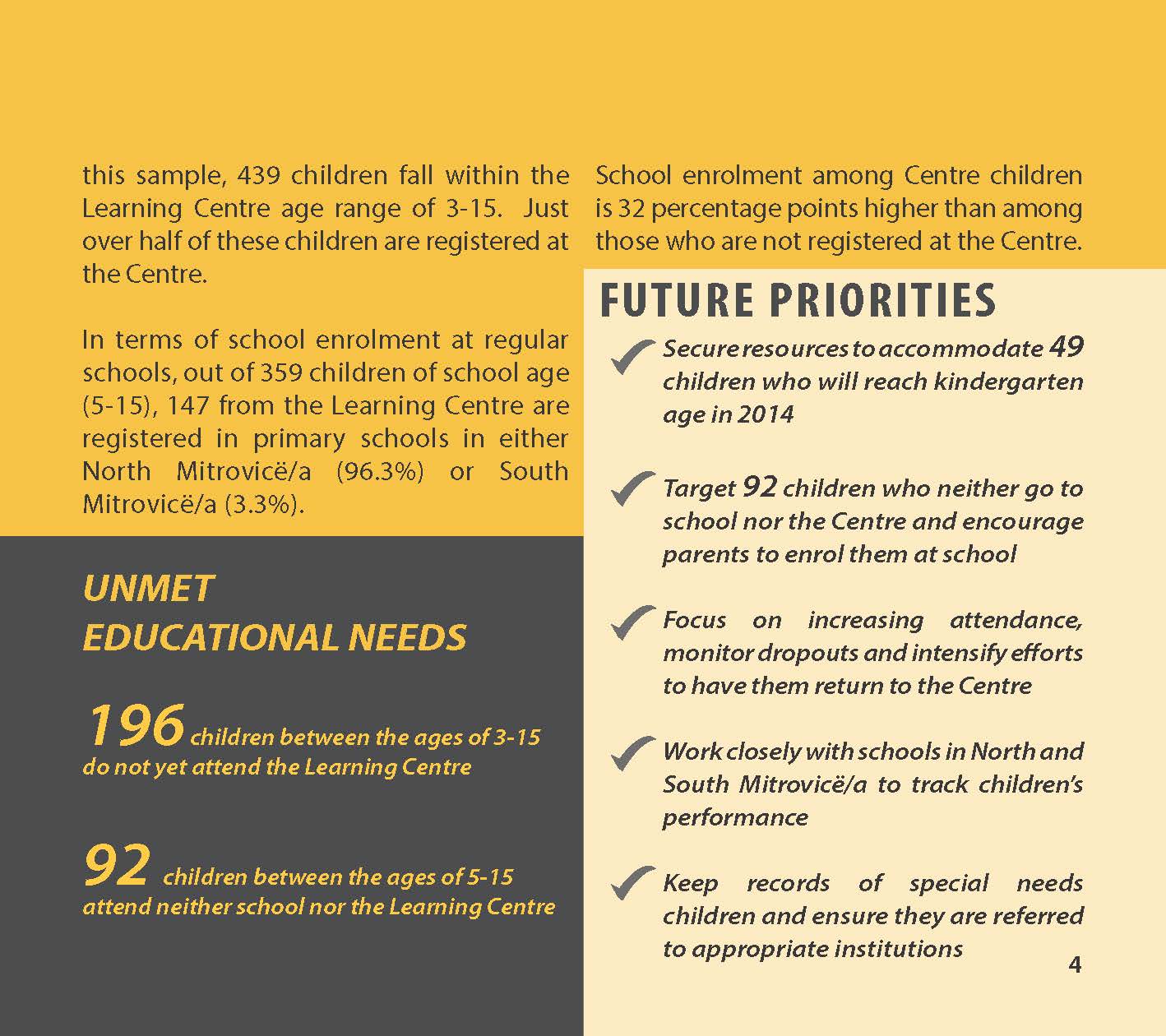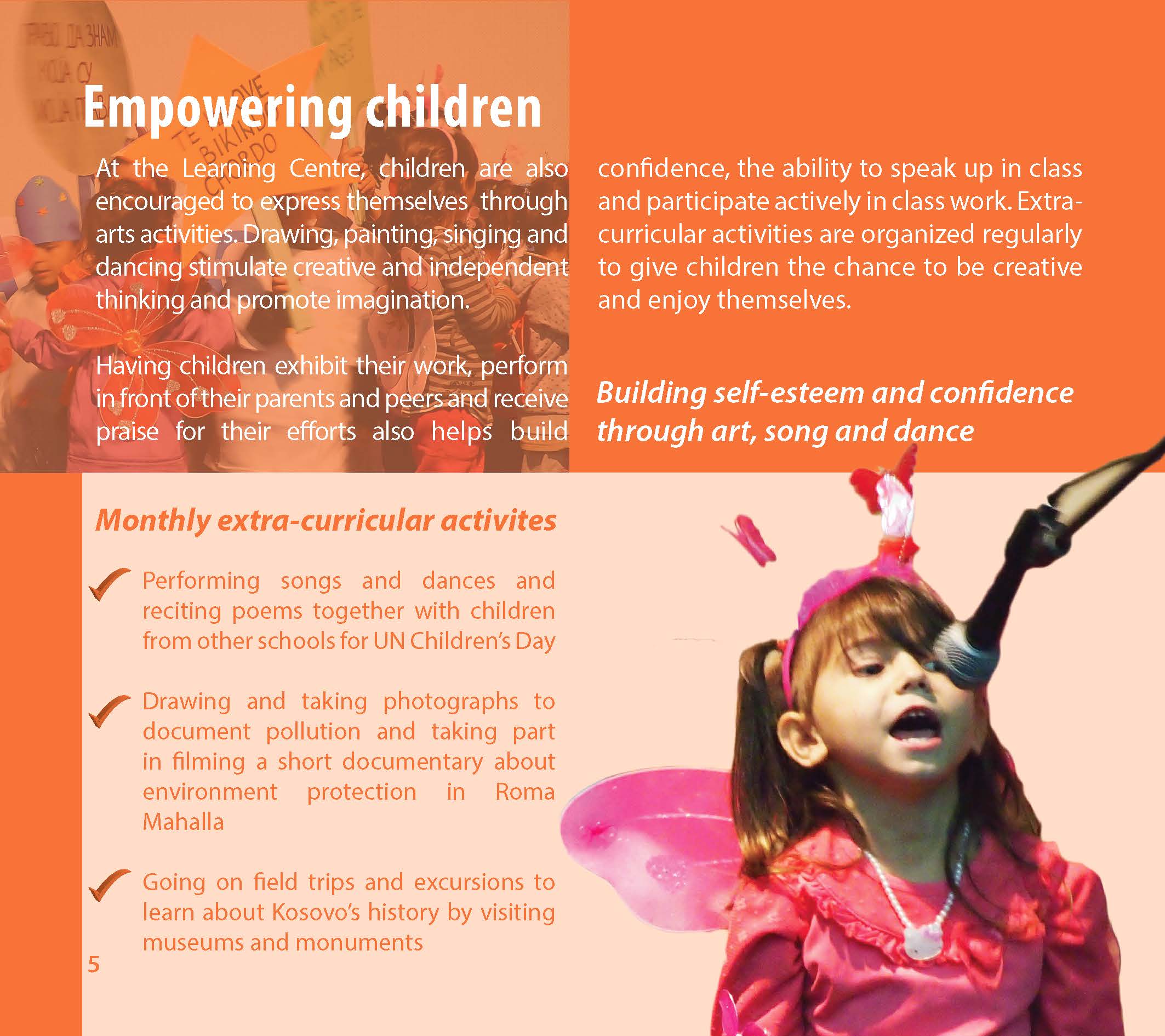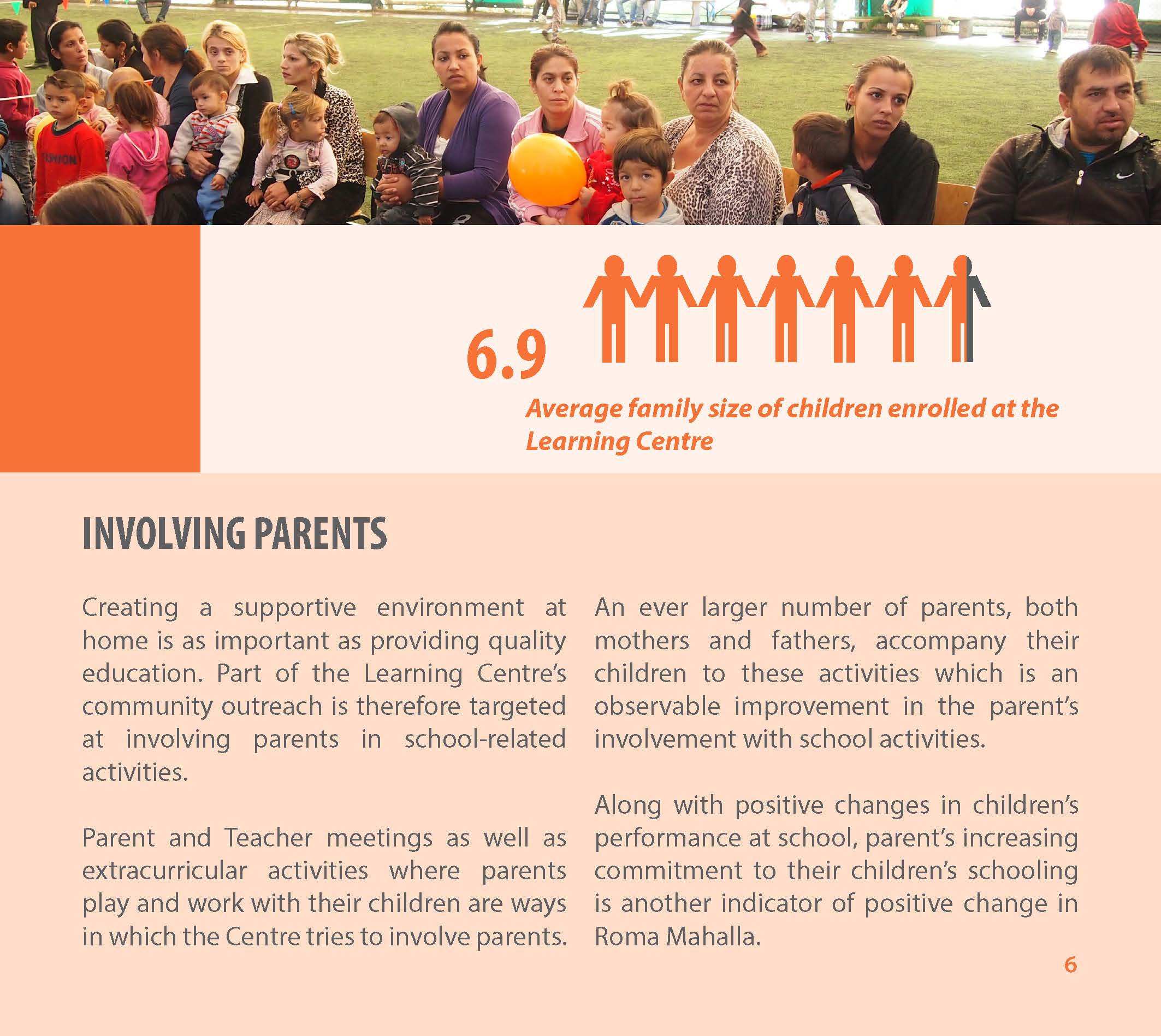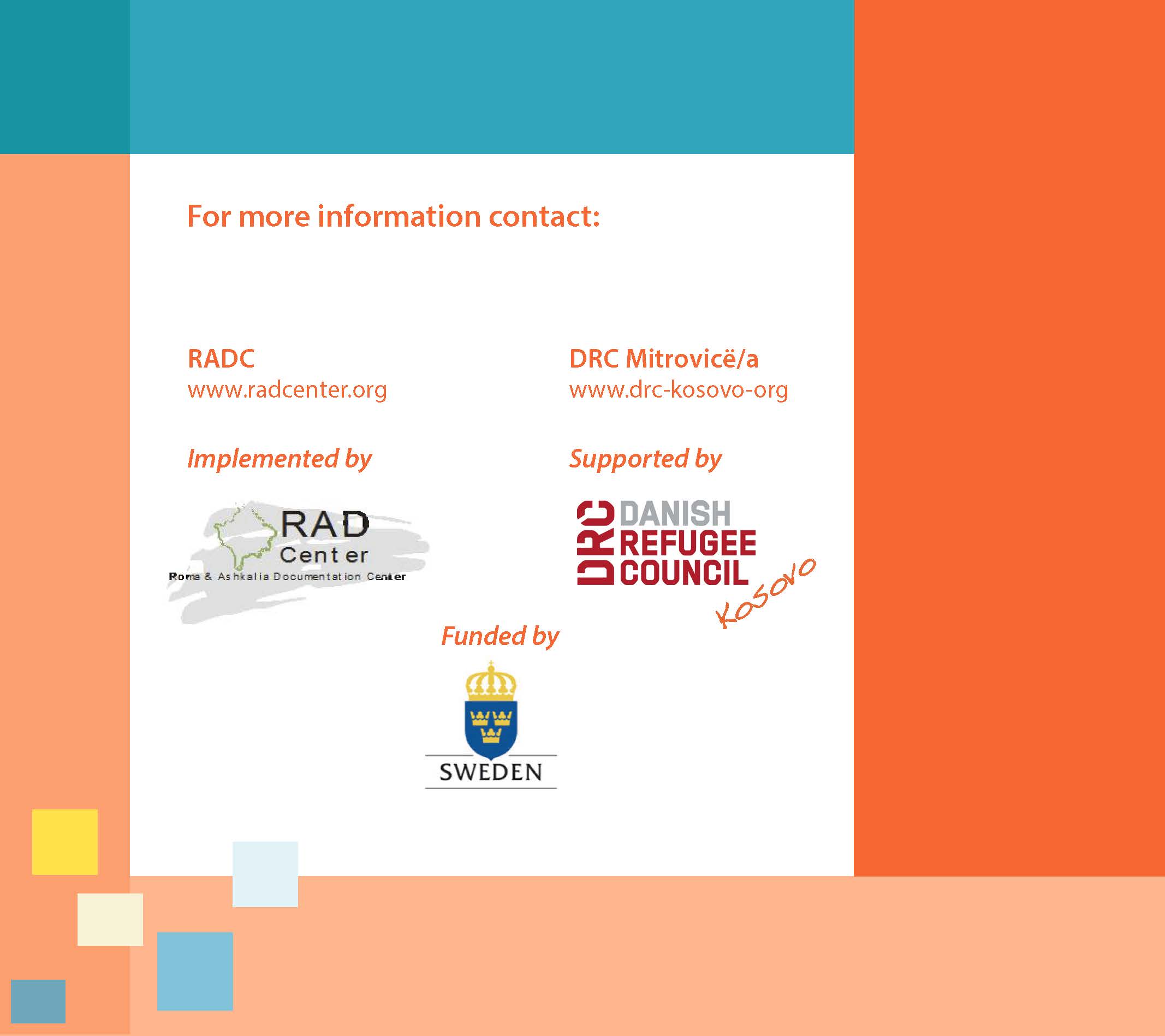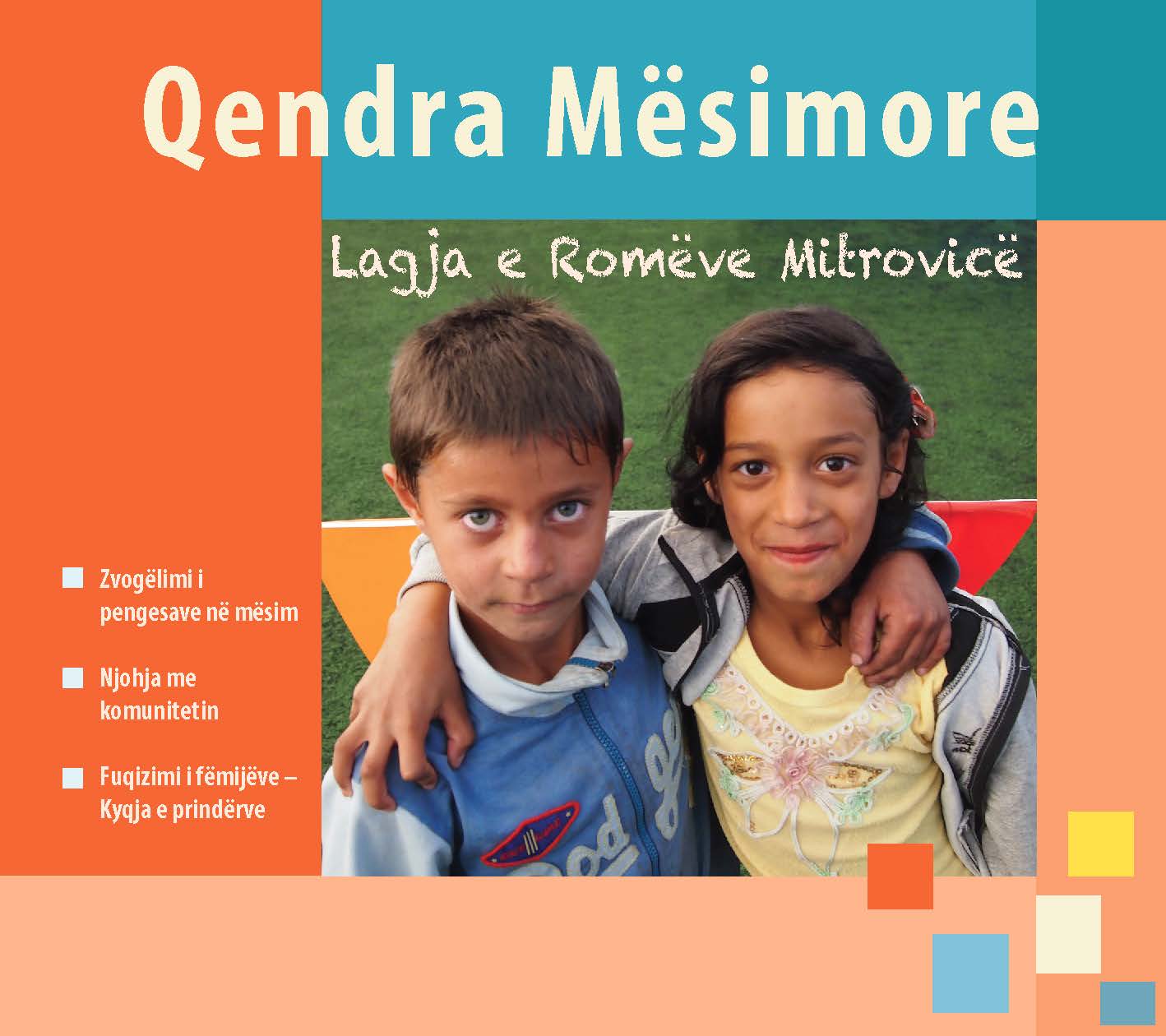Beneficiaries of the Community Stabilization Project selected
DRC is happy to announce that the selection process for support under the Community Stabilization Project has now concluded. 38 beneficiaries from 5 municipalities have been approved and will receive grants, field-focused technical advice and business management training to support their new or existing businesses. The list of beneficiaries is available here. DRC is now in the process of contacting the beneficiaries and gathering information on the technical requirements of inputs requested under the grants. Once this stage is finalized, the tender process will begin.
In addition, the project supports small-scale community projects that promote inter-ethnic cooperation and support reducing the social isolation of minority returnee and remainee families. 3 projects have been selected, including:
The rehabilitation of the park and playground of the local Primary School in Dobrushë/a, Istog/Istok
The building of a rockslide protection wall in Landovicë/Landovica, Prizren
The rehabilitation of a cobblestone road in Sevce, Shtërpc/Štrpce
The Municipalities of Istog/Istok, Prizren and Shtërpc/Štrpce will co-fund the projects to benefit the local community in their respective municipalities.
The Community and Stabilization Project is funded by the British Embassy in Kosovo and the Ministry for Communities and Returns.
